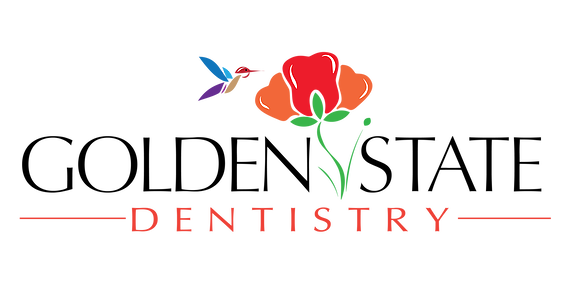 If you've ever bitten down on a fork or a hard food, you may be familiar with the dull, lingering pain that comes after. What you may be experiencing is a bruised tooth (also known as sprained tooth syndrome), where the ligaments of your teeth are sprained, damaged, or inflamed.
If you've ever bitten down on a fork or a hard food, you may be familiar with the dull, lingering pain that comes after. What you may be experiencing is a bruised tooth (also known as sprained tooth syndrome), where the ligaments of your teeth are sprained, damaged, or inflamed.
Causes of a Bruised Tooth
A bruised tooth occurs when tooth ligaments become aggravated from too much pressure or a hard bite; the pain is often mistaken for a common toothache. There are a number of ways you can get a bruised tooth, including:- Clenching your teeth
- Grinding your teeth at night (bruxism)
- Biting on hard foods
- Nail biting
- Dental surgeries or procedures (e.g. root canal)
- Overfilled or underfilled tooth cavity
- Tooth infection
- Trauma from small objects, such as bones, seeds, kernels, or ice
- Sinus problems, such as allergies or a cold
Symptoms of a Bruised Tooth
The most noticeable symptom of a bruised tooth is a dull, achy pain that won't go away. This is usually a clear indication of a ligament sprain. Some people may also experience a sharp, localized pain in one tooth. However, if the pain is hard to pinpoint, it is most likely an infection or a common toothache due to dental disease (e.g. gum disease or tooth decay).
Other common symptoms of a bruised tooth include:
- Discoloration/Darkening of the tooth
- Sensitivity
- Inflammation
- Redness
- Gum bleeding
- Soreness
A bruised tooth is usually not a medical emergency and can heal on its own within a few days, but if the pain persists, consulting a dentist is recommended.
Treatment of a Bruised Tooth
Here is what you can do if you think you have a bruised tooth:
1. Rest and try to avoid chewing on the affected tooth.
2. Rinse your mouth with cold water to help numb the affected area. Drinking a cool beverage can also provide relief.
3. Apply a cold compress or ice pack to your cheek or lips if any swelling occurs. It can help reduce inflammation and speed up the healing process.
4. Take some over-the-counter pain medication.
5. If the pain persists or you notice any signs of infection, it's best to consult your trusted Walnut Creek dentist. We'll ensure everything is alright and provide any necessary treatment.
Call us to schedule an appointment: (925) 705-7093 or request an appointment online.


.jpg?width=712&name=GSD-Scalloped-Tongue-Causes-and-Treatment-Blog-01.27.2210.21.21%20(1).jpg)











.jpeg?width=425&name=GSD-How-to-Combat-Dental-Plaque-07.22.24-2%20(1).jpeg)



